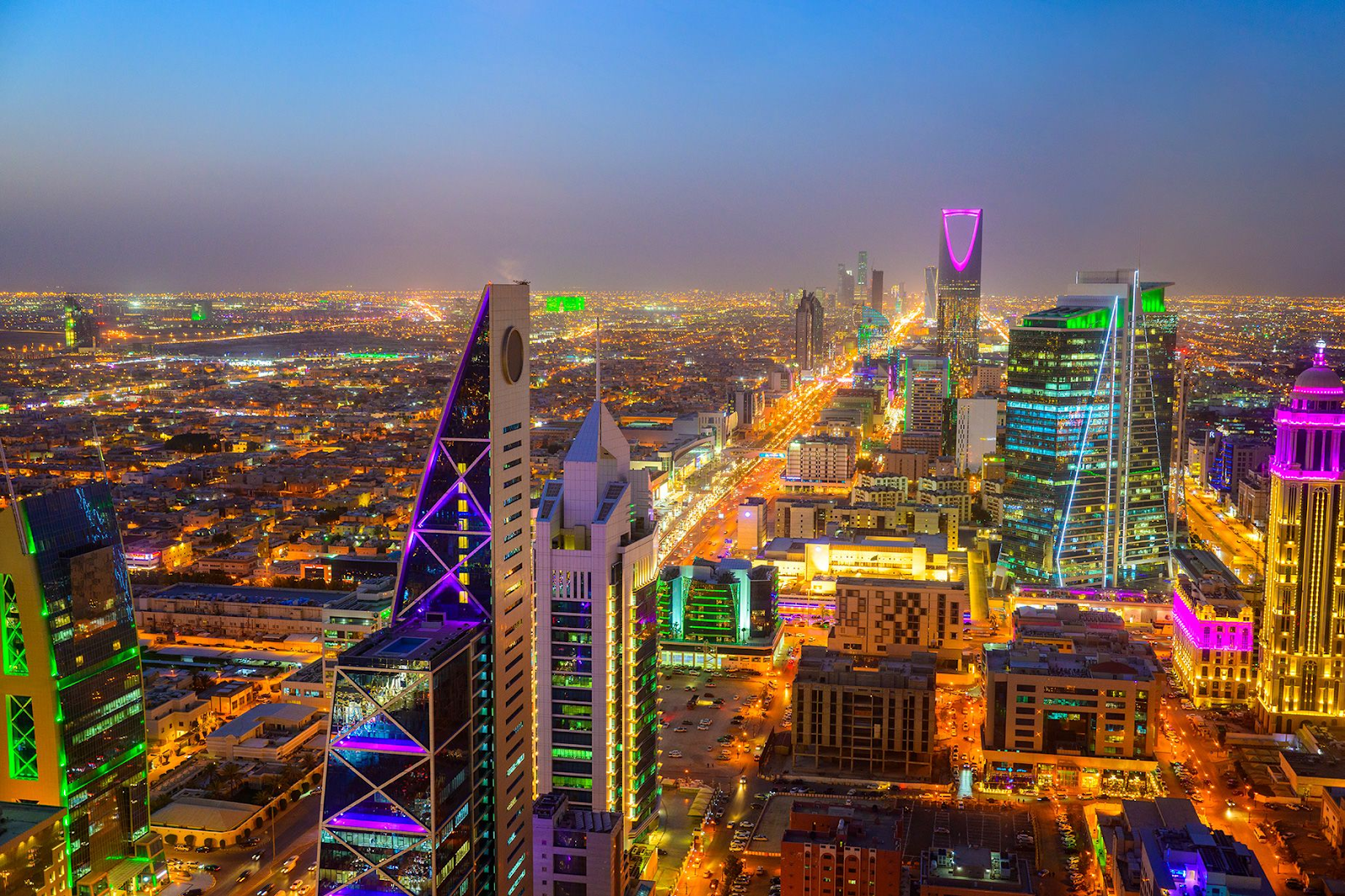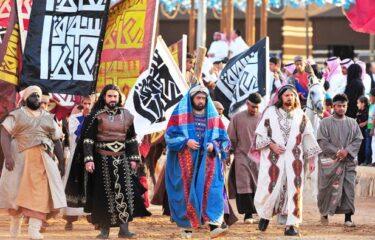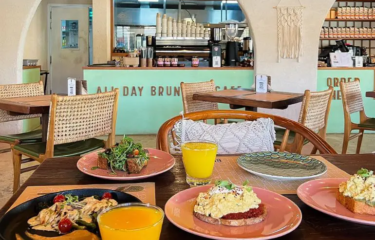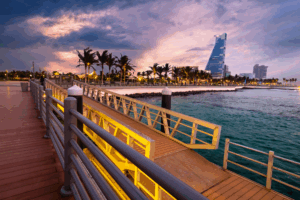Life in Saudi Arabia can feel like a puzzle, with each piece—housing, food, transport—shaping your experience. Big cities like Riyadh and Jeddah naturally come with higher cost of living, driven by demand for modern amenities and prime locations.
However, Saudi Arabia’s tax-free income and generous expat benefits like housing and healthcare often balance the scales, making it an appealing destination for professionals and families.
Expats make up a large chunk of the population here, so the Kingdom has taken extensive measures to accommodate global lifestyles. Whether you’re relocating solo or with your family, Saudi Arabia offers opportunities to live comfortably while embracing its unique culture. Let’s break down the cost of living in Saudi Arabia for expats so that you can enter the Kingdom well-informed.
Breaking Down Living Expenses in Saudi Arabia
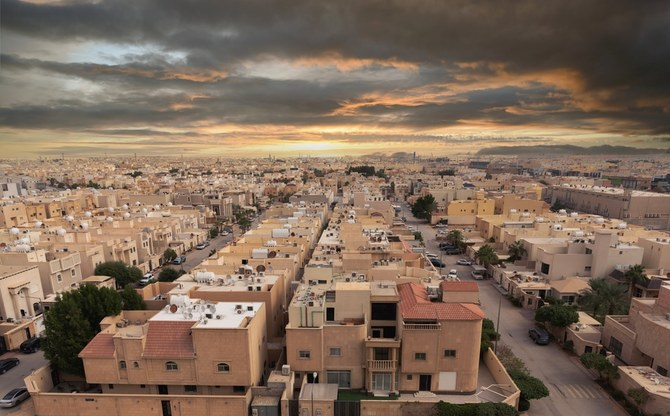
1. Housing and Rent
Housing is one of the biggest expenses for expats in Saudi Arabia. Depending on your city and preferences, you can choose from apartments in lively urban centers or villas in quieter suburban areas.
Riyadh: A one-bedroom apartment in the city center costs approximately 2,500-4,000 SAR/month, while a three-bedroom apartment for families can go up to 4,000-5,000 SAR/month.
Smaller cities: Rent is significantly lower, with one-bedroom apartments starting around 800-3,000 SAR/month.
Many employers provide housing allowances or fully furnished accommodations, easing this expense for expats and offering them a more affordable cost of living in Saudi Arabia.
2. Utilities and Internet
Utility bills, including electricity, water, and gas, typically range between 250-900 SAR/month for an apartment, depending on usage and season. Summers can drive up electricity costs due to air conditioning.
High-speed internet packages are readily available and cost around 200-350 SAR/month.
3. Groceries and Food Prices
Groceries in Saudi Arabia are affordable, especially if you shop for local and regional products. Imported goods can be pricier.
For a single person, the monthly grocery budget is approximately 800-1,200 SAR. For a family of four, expect costs around 2,500-3,500 SAR/month.
Dining out is also affordable; a meal at a mid-range restaurant costs around 50-100 SAR per person. Street food and local eateries can be even cheaper, perfect for quick bites.
4. Transportation Costs
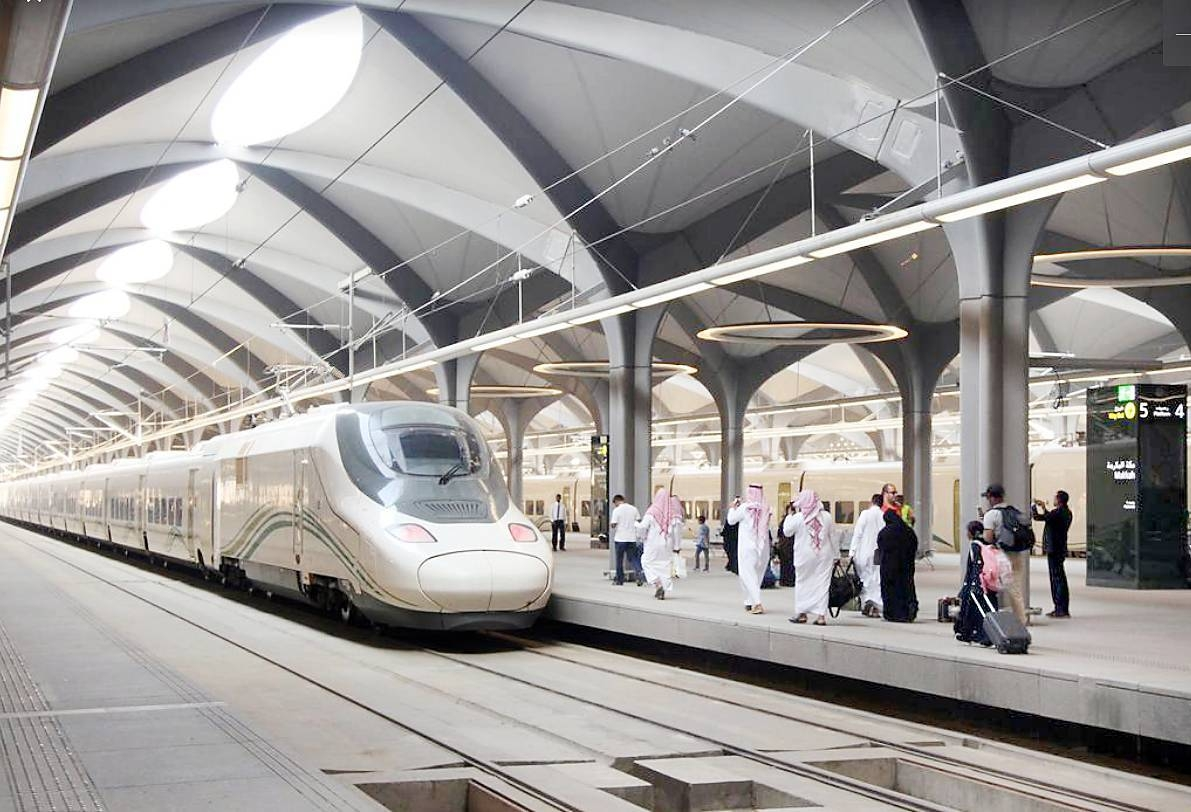
Public transportation in Saudi Arabia is still developing, but ride-hailing apps like Uber and Careem are widely used and affordable.
Driving and Car Ownership: Many expats still prefer owning a car; with fuel costs at just 2.33 SAR per liter, maintaining a vehicle remains an economical choice. Roads are well-maintained, and the expansive highway network ensures smooth intercity travel.
Ride-Hailing and Taxis: Apps like Uber and Careem dominate the urban transport scene, providing affordable, hassle-free rides. For those who prefer taxis, fares start at 5 SAR for a base trip, with an additional 2 SAR per kilometer. Both options are widely available and convenient, especially for short trips or late-night commutes.
Public transport: In cities like Riyadh, the new metro system (launching in phases) promises to be a game-changer for affordable commuting.
Bus Networks Across Cities: Riyadh is also home to a comprehensive bus network. With fares as low as 4 SAR (valid for two hours), these buses are a budget-friendly option for getting around the city.
Monthly passes, priced at 140 SAR, are ideal for frequent travelers. Other cities like Jeddah and Dammam are rolling out similar projects to enhance urban connectivity.
Intercity and Regional Travel: The Saudi Public Transport Company (SAPTCO) offers reliable bus services between cities, making it easy to travel across the Kingdom. Fares vary by distance but typically fall between 3 and 10 SAR for short urban routes, with longer journeys priced accordingly.
5. Healthcare and Education
Healthcare
Most employers cover healthcare for expats, but private healthcare remains a common choice due to shorter wait times and better facilities.
General Consultation: A visit to a private clinic typically costs between 150-300 SAR.
Specialist Appointments: Fees for specialist consultations can range from 300-700 SAR.
Diagnostic Tests: Basic blood tests or X-rays may cost 200-500 SAR, while advanced imaging like MRIs can cost 1,000-2,500 SAR.
Hospitalization: A single night in a private hospital can cost between 2,000-6,000 SAR, depending on the level of care.
Prescription Medications: Costs vary, with common medications priced at 50-200 SAR per prescription. Chronic condition treatments or advanced drugs could be significantly more expensive
Education
For families, education costs in Saudi Arabia can be a significant expense, especially for international schools catering to expat communities.
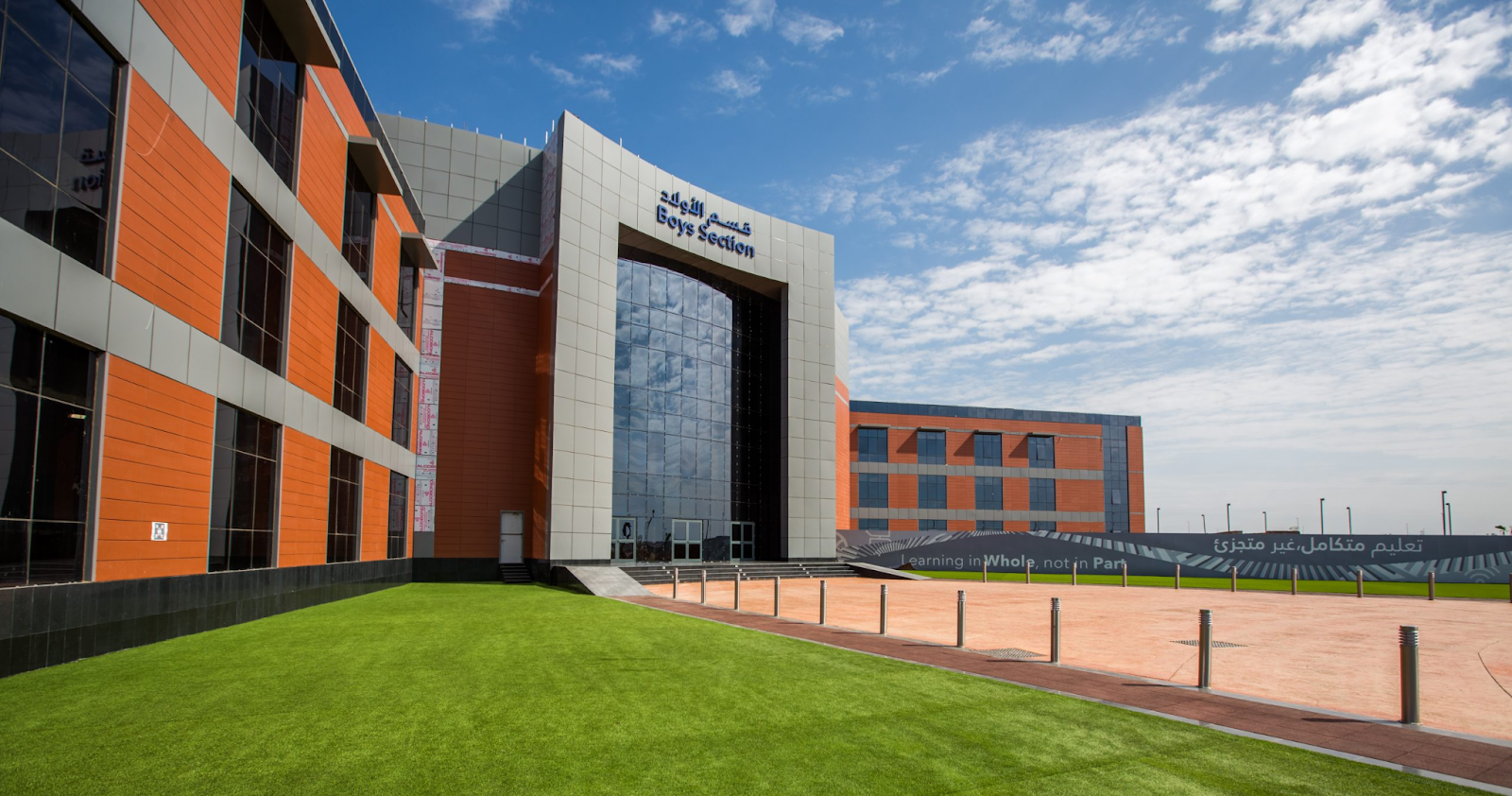
Nursery and Preschool Tuition Fee: Start at 18,500 SAR/year and can go up to 35,000 SAR/year depending on the school.
Primary and Secondary Education Tuition Fee: Range from 22,500-100,000 SAR/year, depending on the curriculum (British, American, or International Baccalaureate).
Registration and Admission Fees: Many schools charge non-refundable registration fees between 1,000-10,000 SAR.
Uniforms and Supplies: Parents can expect to spend 2,500-5,000 SAR/year on school supplies, uniforms, and extracurricular activities.
Transportation: School bus services, if provided, typically cost 4,000-8,000 SAR/year depending on distance and city.
Specialized Programs: Additional fees apply for advanced or extracurricular programs, such as music, sports, or language classes, which can cost 1,000-5,000 SAR/term.
Additional Notes
Local Schools: Some expats opt for private local schools, which may be more affordable but require students to learn in Arabic or follow local educational guidelines.
Homeschooling: An increasingly popular choice among expat families, especially for younger children. Costs are significantly lower but require parental involvement or hiring tutors.
Scholarships: Certain international schools offer scholarships or financial aid programs, though these are limited and highly competitive.
Education expenses in Saudi Arabia can be steep, especially for families with multiple children. Planning ahead and exploring options early can help parents manage costs effectively.
6. Entertainment and Lifestyle
Life in Saudi Arabia has transformed in recent years with more entertainment options than ever before—from cinemas and theme parks to cultural festivals; there’s something for everyone.
Movie Tickets: A standard cinema ticket costs about 50 SAR per person, with premium options like 3D or VIP seats priced higher, around 75-120 SAR.
Gym Memberships: Monthly fees for basic gyms start at 200 SAR, while high-end gyms and fitness centers in urban areas can charge 500-1,000 SAR/month.
Restaurants and Dining Out: Dining at mid-range restaurants costs 50-100 SAR per meal, while fine dining experiences can easily reach 200-500 SAR per person.
Cafes and Coffee Shops: A cup of coffee costs around 15-25 SAR, while desserts and snacks add an additional 20-40 SAR.
Shopping and Malls: Saudi Arabia boasts world-class malls where retail therapy ranges from budget-friendly outlets to high-end luxury stores. A shopping spree can vary significantly based on preferences, with casual purchases around 200-500 SAR/session.
Parks and Outdoor Activities: Public parks are free, but organized outdoor adventures like desert safaris or guided tours can cost anywhere between 200-1,000 SAR per person, depending on the package.
Concerts and Events: Ticket prices for concerts or cultural festivals range from 100-300 SAR for general entry to 500 SAR or more for premium seating.
Theme Parks and Amusement Centers: Entry fees for family-friendly theme parks such as Riyadh Season attractions range from 50-250 SAR per person, with additional costs for rides and experiences.
Average Monthly Cost of Living in Saudi Arabia
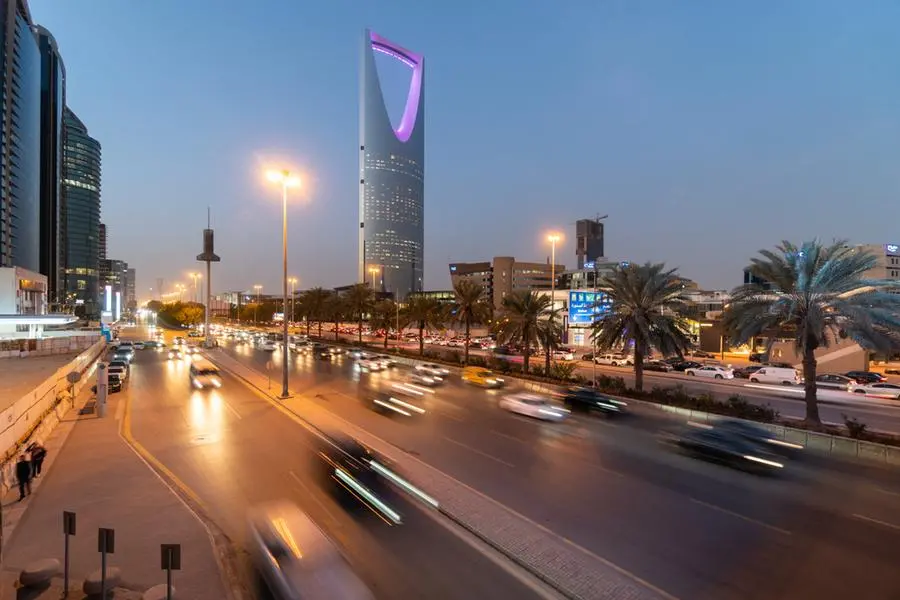
Living costs in Saudi Arabia vary based on your city, lifestyle, and family size. The range is wide enough to suit different budgets, from solo professionals to families. Here’s what you can expect:
Single person: Approximately 3,000-7,000 SAR (depending on lifestyle and city).
Couple: Around 7,000-10,000 SAR.
Family of four: Estimated at 10,736-20,000 SAR (with rent and school fees included).
Cost of Living in Riyadh vs Other Cities
Riyadh: Being the capital, Riyadh is slightly more expensive than other cities with higher rents and living costs. A single person spends approximately 3,500–7,000 SAR, while families may need 10,000–20,000 SAR, depending on housing and lifestyle preferences. Rent for a one-bedroom apartment in the city center averages 3,000–5,000 SAR.
Jeddah: Known for its coastal vibe, Jeddah offers slightly lower rents than Riyadh. A single person’s monthly expenses average 3,000–6,000 SAR, and families can expect costs around 9,000–18,000 SAR, particularly if children are enrolled in international schools
Dammam and Al Khobar: Popular among expats in the oil sector, these cities boast affordable living. A single person might spend 2,800–5,500 SAR monthly, and families approximately 8,000–15,000 SAR. Rent for a one-bedroom apartment ranges from 2,000–3,500 SAR, making it a cost-effective choice
Is Living in Saudi Arabia Expensive Compared to Western Countries
Compared to many Western countries, the cost of living in Saudi Arabia comes with distinct advantages that make it an attractive destination for expats. The tax-free salaries and affordable essentials leave plenty of room for saving or indulging in a higher quality of life. However, it’s not without its challenges—imported goods, international school fees, and a growing appetite for premium services can drive up costs.
Living in Saudi Arabia is about finding balance. From exploring vibrant souks to enjoying modern entertainment hubs, the Kingdom offers a lifestyle that combines tradition and progress. Whether you’re looking to save, explore, or grow, Saudi Arabia has something to offer.
These cost estimates are based on credible studies and reports on living expenses in the region. However, the actual figures may vary depending on individual circumstances, lifestyle choices, and fluctuations in the local economy. It’s always a good idea to keep track of current trends and adjust your budget accordingly to ensure a smooth transition into your new life in Saudi Arabia.

